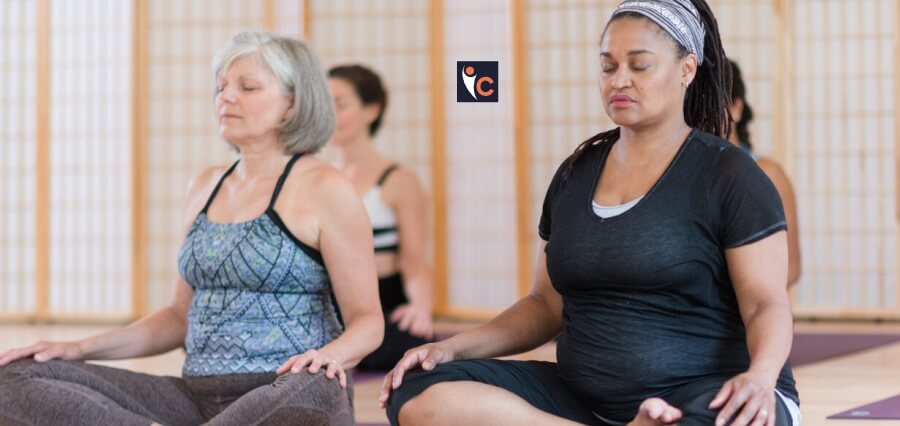Menopause retreats, a growing wellness trend, are gaining popularity as resorts offer vacations tailored to help women navigate perimenopause and menopause. These retreats focus on addressing various symptoms, such as hot flashes, night sweats, and achy joints, associated with these stages. The menopause market is expected to be worth $600 billion by 2025, with over a billion women entering perimenopause during this period. Amid the pandemic, resorts are promoting menopause-focused vacations, with women increasingly signing up for these purpose-driven retreats.
Lisa Starr, a spa business consultant, notes that consumers are recognizing the need to take care of their health, leading to a rise in specific and purpose-driven retreats. The unique focus on menopause reflects the fact that many women are experiencing this life stage, making it a relevant and lucrative market.
Wellness retreats have been a popular trend, but the pandemic has accelerated the demand for purpose-driven retreats. Women are seeking more than traditional spa treatments, wanting specific experiences and guidance related to menopause. The shift is driven by a desire for holistic well-being and self-care.
The menopause retreats offer a range of activities, from belly dancing and yoga to sessions with nutritionists and traditional Chinese medicine. Retreats like Combe Grove’s metabolic health retreat for menopause in Bath, England, provide a combination of activities like belly dancing, yoga, and meditation, along with consultations with nutritionists. The retreats aim to address both physical and psychological aspects of menopause, offering women tools and strategies to manage symptoms.
Resorts like Amilla Maldives offer menopause-focused retreats, allowing guests to engage in activities like guided reef snorkeling tours, cycling, and mixology classes. Similarly, Ananda in the Himalayas introduced an age-related retreat catering to both women and men, featuring traditional Chinese medicine therapies, diet guidance, and meditation sessions.
While the high costs of these retreats raise questions about their effectiveness, participants often view them as investments in self-care. The benefits may extend beyond physical treatments, offering psychological benefits through cognitive behavioral techniques, lifestyle changes, and the shared experience of women in similar life stages.
As menopause can last for years, and symptoms can take a toll on women’s well-being, the demand for menopause retreats is likely to continue growing, providing a niche in the wellness tourism industry.










